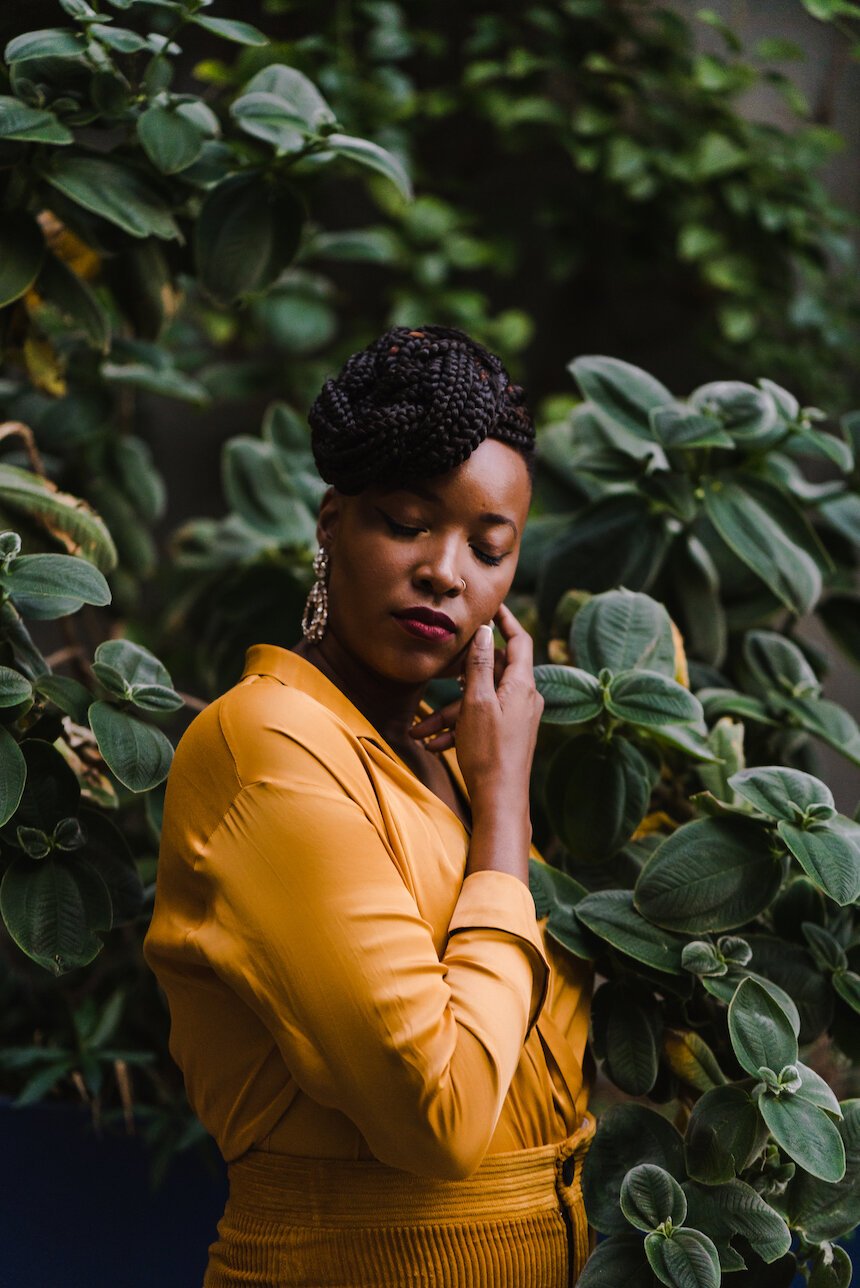
Why Black Lives Matter Is A Global Movement
The fight for Black Lives is a global one; it is a fight for all of our humanity.
On Wednesday, the 3rd of June 2020, I went to a Black Lives Matter protest in London. As a Black woman living in the UK, the days and events leading up to the protest had been emotional, to say the least, leaving me nothing short of torn apart.
When Ahmaud Arbery was killed, I thought it couldn’t get any worse. Then I got the news about Breonna Taylor. When this was followed by the horrific incident in the park with bird-watcher Christian Cooper, tensions within myself, as well as the African diaspora around the world, rose to the surface. By the time the video of George Floyd went viral, my world and the world as we know it exploded in an instant.
“Something was different this time, and I felt it—we felt it. We felt it all the way here in London.”
Now don’t get me wrong, I am fully aware that these incidents weren’t the first of their kind. I’ve grown up to the murders of Black people by both police brutality and racism at large, the violence committed against us in all its forms.
With the rise of social media, these atrocities have made their way into our homes and the consciousness of the world. And yet, not much had changed. But something was different this time, and I felt it—we felt it. We felt it all the way here in London.
I know I speak for many that every time we see one of these videos, we are re-traumatized again and again. The person on the screen looks like our brothers, our fathers, our sisters, and our sons. They look like us. And every time we witness yet another murder of a Black body, we are triggered—regardless of nationality. We are reminded of the racism we have experienced in our lifetime.
Growing up in a predominantly white environment, I have a catalog of overt and covert racist incidents. I carry a list of micro-aggressions and dismissive comments with me every day.
“Every time we witness yet another murder of a Black body, we are triggered—regardless of nationality.”
Just a couple of months ago, while leaving a concert in a hip part of town, a group of drunk white men surrounded my friend and me and chanted racial slurs. Then there was the time my friend and I were sitting in my parked car eating take away after a long day at work. Three special forces police cars surrounded us, followed by armed officers (police in the UK do not carry guns, so you can imagine the shock and fear). They knocked on the car doors, yelling at us and demanding we get out with our hands over our heads. Apparently, we fit the description. I could go on and on.
Despite the very obvious history of colonization and slavery in the UK, it seems that not many people know (or choose not to know) how rampant racism still is in this country—both on an interpersonal and systemic level.
From the Windrush scandal, to disproportionate incarceration rates of young Black men, to clear statistics around housing, poverty, and education, Black people in the UK are facing systemic racism on every corner.
And it’s not just the USA or the UK either. Many nations across the West have a dark history of racism and colonization. You can ask Black folks in France, Germany, Spain and Italy, all the way to Australia and Canada. They will all tell you the same thing: Racism is alive and well in those countries and beyond, and our people have to live with and fight it every day.
It is no surprise than that, like me, many are marching all over the world. We’re marching in London while others march in Paris, Rome, Seoul, and Toronto (to name only a few). Of course, we are marching in solidarity with George Floyd, Breonna Taylor, Ahmaud Arbery, and all the others who have and still fall victim to the racism in the US. But we are also marching for ourselves. We are marching for our children’s future.
“We are also marching for ourselves. We are marching for our children’s future.”
In the UK, we are marching for Belly Mujinga, who was spat on by a man carrying COVID-19 and later died from the incident. Her attacker is still free, and her employer is yet to be held accountable for letting her work without appropriate PPE, knowing she had underlying health conditions. We are marching for the disproportionate number of young Black men who have died in police custody since 1990. And we are marching for Black school children who are disproportionately expelled, losing out on education, and therefore an opportunity for their future.
Black communities around the world are marching for every time we’ve had to suppress ourselves, our anger, our hurt and frustration over the micro-aggressions we face daily. The collective trauma experienced by Black people in the diaspora is real and tangible in this time. While marching and protesting on social media is great, it is only the beginning of a long, arduous road ahead.
We need allies on this journey, but being an ally can be uncomfortable, and I worry that when the hype dies down and things ‘go back to normal,’ we will be yet again, left alone in our struggle.
I might be wrong. I hope I am wrong. But history leaves me worried. Here in the UK, we are organizing, finding ways to keep the momentum going, holding organizations accountable, and creating safe and healing spaces for our Black communities.
“The question is—whether you are in the US, in the UK, or elsewhere in the world—will you join us? ”
We will be marching again this weekend. And the weekend after. Maybe not physically and all together, but in our spheres of influence. The question is—whether you are in the US, in the UK, or elsewhere in the world—will you join us?
If you live in the UK, here are 4 ways you can get involved with BLM. And if you live elsewhere, I encourage you to look into your country or city’s anti-racism organizations.
Support Black Lives Matter UK
Follow @ldnblm for protest dates, instructions on protest safety, and tips for supporting BLM if you can’t attend rallies in person
Demand justice for Belly Mujinga by signing the petition. We want her case reopened and those responsible for her death to be held accountable
Shop at Black-Owned Businesses. Start with Shoppe Black, a global platform featuring Black-owned businesses in the diaspora
RELATED READING
Jess Mally is a London-based writer, speaker, creative, and producer. She is also the co-founder of BELOVD agency and the host of The Third Way podcast. With a passion for social change, mental health, the arts, and spirituality, she hopes to use any and all means available to her to tell stories that shape a better world. Follow her work on Instagram.
